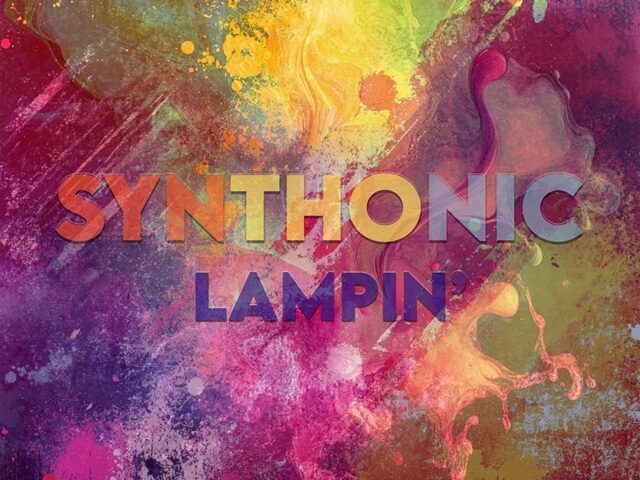
The aptly entitled Poetry (for the scorned and lonely) is the compelling new album from Mary Middlefield, an artist based in Lausanne, Switzerland. Originally trained in classical violin, Middlefield has impressed in recent years with songs emphasizing themes of unrequited love. Her latest album is a gripping exploration into love’s further reaches, specifically the plights of broken relationships and ensuing feelings of loneliness and scorn. Middlefield also ventures into elements of abuse and resulting isolation, complemented by a melodic, ardent range of production — from the anthemic alt-rock vigor of “Sexless” to the dreamy glistening within “Heart’s Desire.”
Poetry (for the scorned and lonely) enthralls in its intimate, relatable thematic pursuits from the get-go. “Sexless” asks “how did I get to this point?” after running through a year of no intimacy, and several characters — from the smelly to duplicitous. “No one’s even been in love with me — ‘she’s hot, but way too needy,'” the vocals further, leading into the questioning. The quest for someone special, on an emotional and physical level, can be exhausting within a society so intent on parading physical affection — and “Sexless” captures as such, with string-friendly momentum engaging especially in the second half.
“Atlantis” struts a dreamier folk immersion. Plucky acoustics, a spacey organ lingering, and haunting vocals are gradually accompanied by spine-tingling string movements. “Something made you disappear,” the vocals ask: “Will I ever get to you?” The album is abundant in gorgeous orchestral additions, and “Atlantis” is particularly exemplary of such in its moving vocal performance and cinematic strings, the production reminding at points of Jonny Greenwood. “Allodynia” continues the chilling folk entrancement, into the trickling rock momentum within “Heart’s Desire,” another success.
The album is continuously impressive in its dynamic stylistic prowess, evident particularly in the shift from the fervent “Heart’s Desire” to the pleading dream-folk gentleness of “Love me, Love me not?” — aspiring for an emotional cleansing of sorts. “Save me from my misery,” Middlefield yearns into sporadic strings, reminding fondly of Weyes Blood. “Young and Dumb” moves back into the harder-rocking territory, representing perhaps the album’s heaviest effort — and touting a climactic tour-de-force of strings and whirring guitar momentum in the second half, concluding with riveting impact.
“Poetry” closes the album with a beautiful orchestral folk sound, admitting “I still don’t understand your poetry.” Following songs of self-analysis and introspection, the acknowledgement feels like a weight off one’s shoulders as the trickling acoustics and haunting strings intermingle. “I have scars, and I am marked,” furthers this sense of acceptance, using one’s past tumult as a reminder of perseverance, and a reason to look ahead with self-empowerment in mind rather than wallow in the past. Poetry (for the scorned and lonely) is a moving success from Mary Middlefield.





